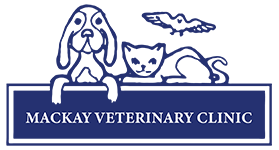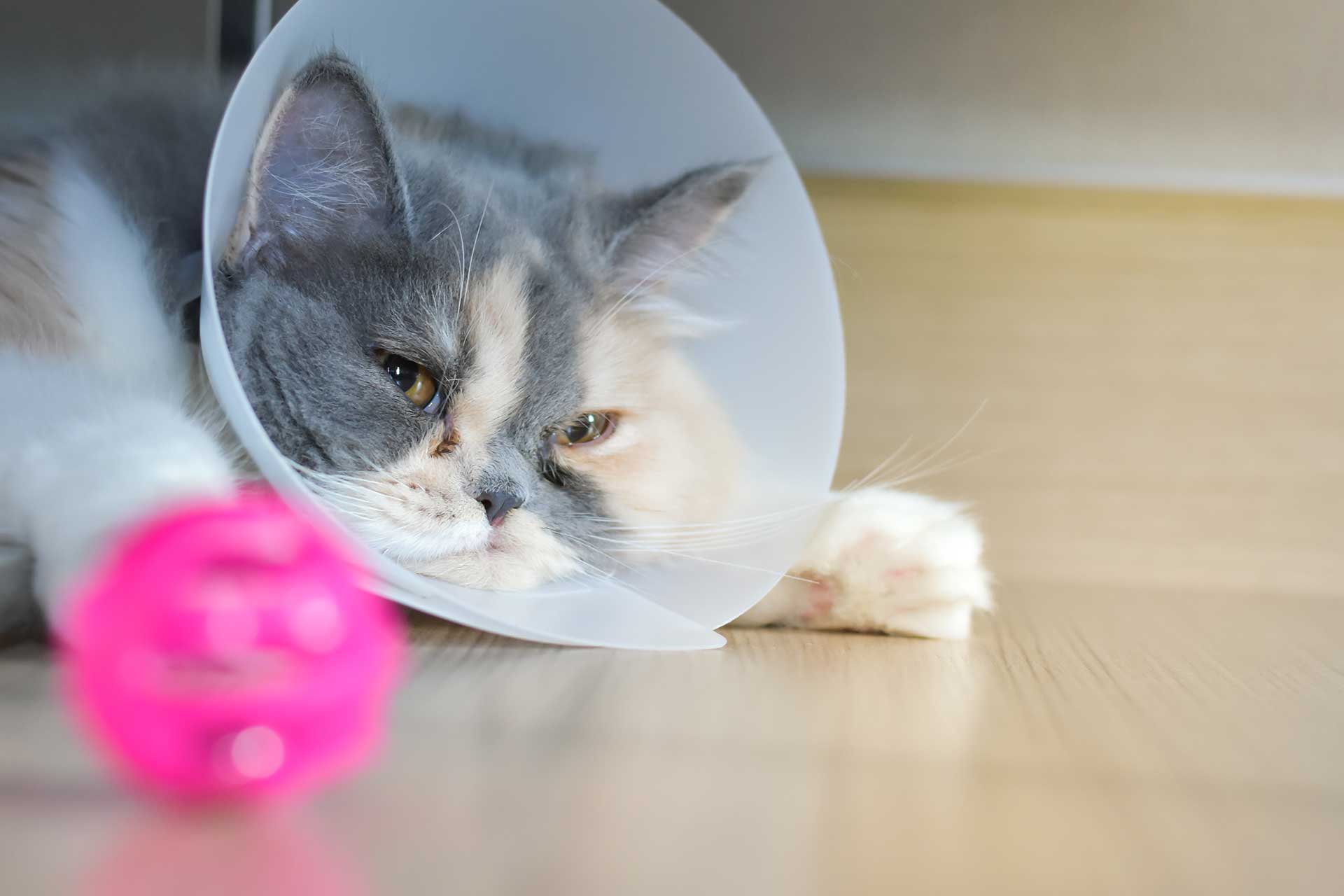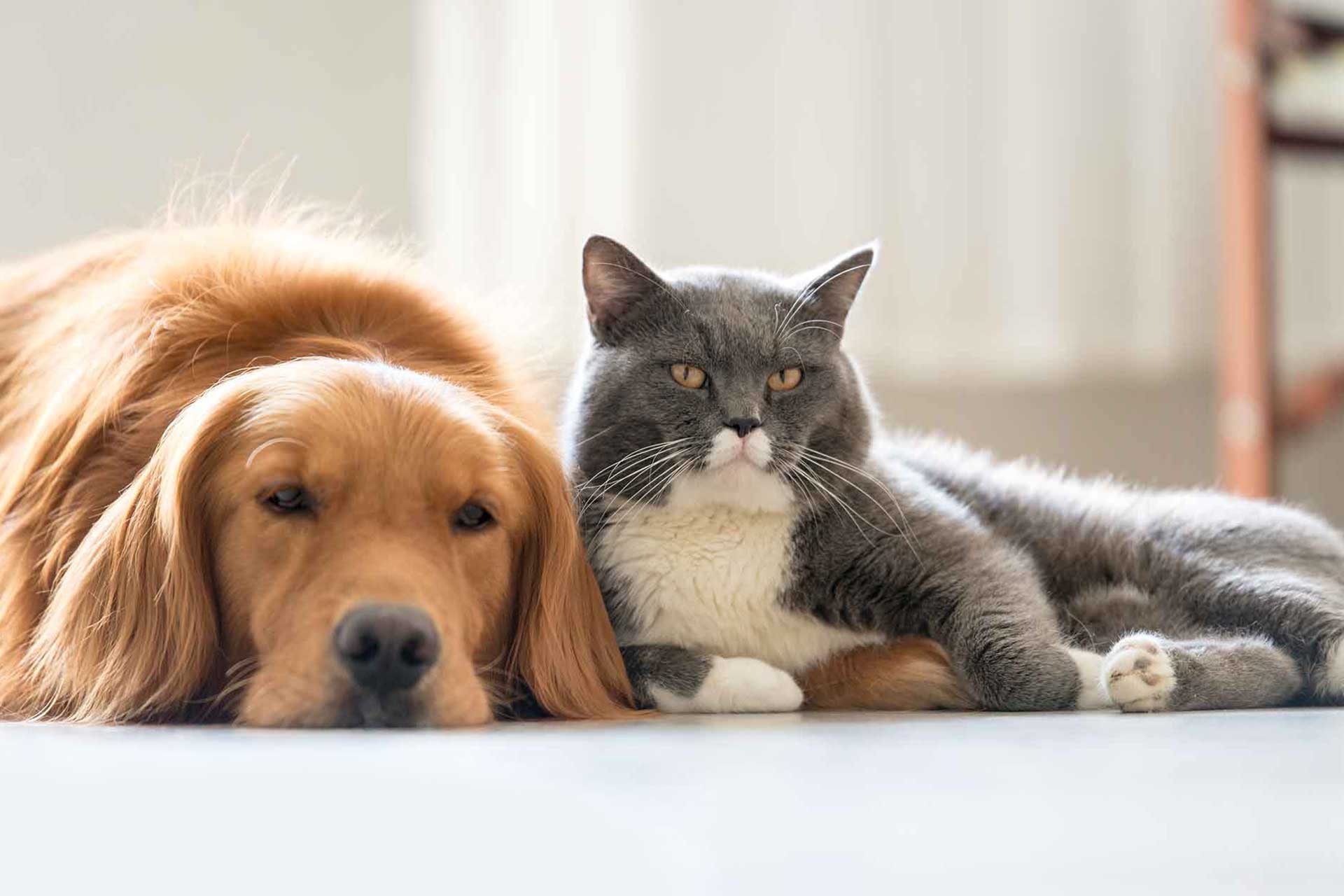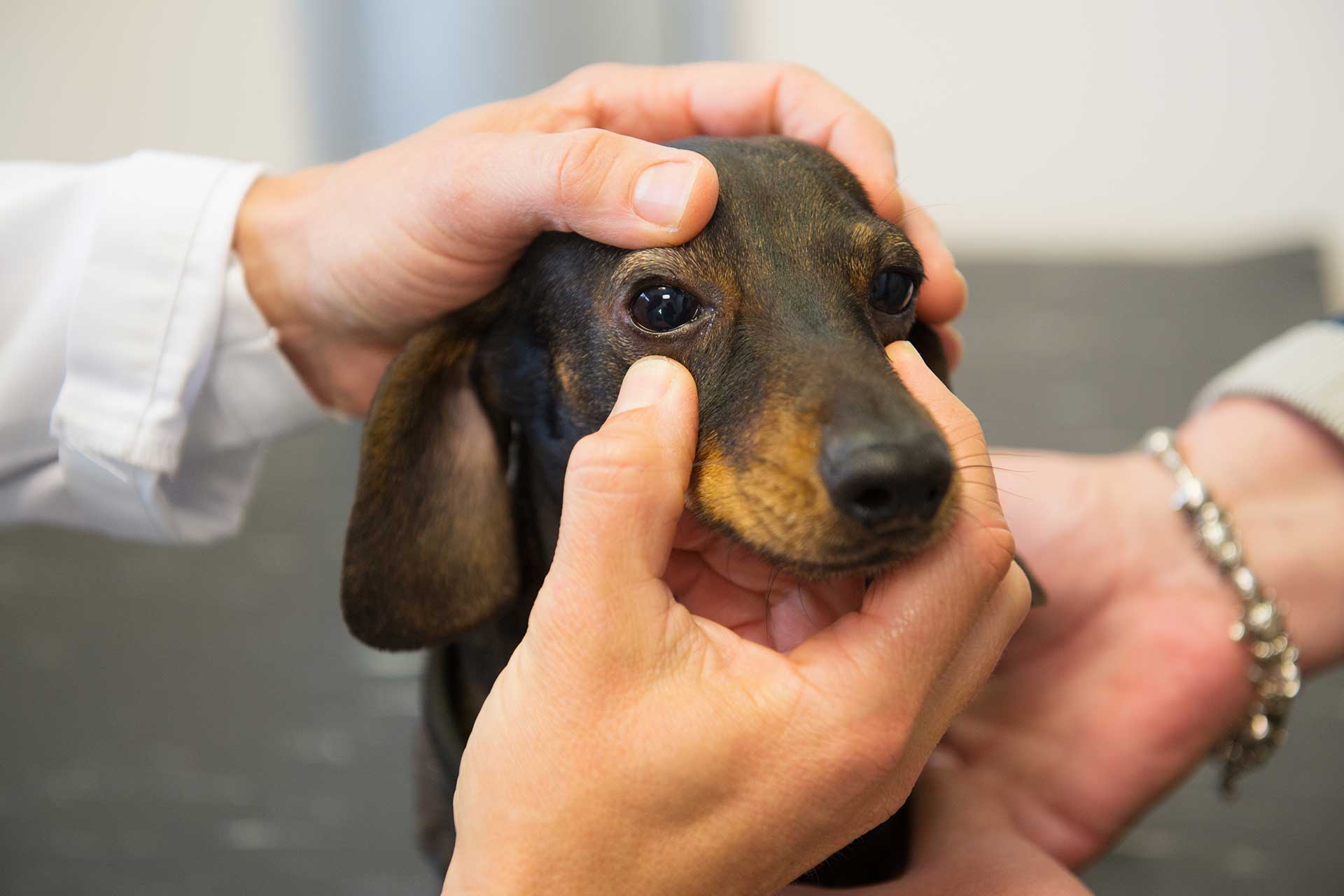Exercise and Mental Stimulation
To reduce the risk of behavioral and health issues, all dogs need to have regular exercise and mental stimulation. Dogs think of their human owners as being a member of their pack, and if they feel mistreated or removed from the group, it may cause them to develop behavioral problems. It is of the utmost importance that dogs be socialized with both humans and other dogs at a young age for them to acquire acceptable behaviors to engage in during social interactions.
It is important to keep in mind that your new puppy will one day become an adult animal; thus, you should not reward behaviors that you would find objectionable in an adult dog. A training class may assist new owners in developing the appropriate strategy for training, and it can also be a lot of fun.
Regular Health Checks
A yearly checkup is required for every one of your domesticated animals. Dogs age anywhere from five to eight times quicker than people do on average, which may result in significant health changes occurring in a very short period. The likelihood of developing major illnesses such as cancer, diabetes, obesity, arthritis, and cardiovascular disease all rise with advancing years. However, coming to see us allows us to detect, treat, and even avert potentially life-threatening health issues before they manifest themselves. It is also advised that you have your pet vaccinated regularly, treat them for fleas and ticks, and give them worm medicine. When you come to see us, you will also have the chance to ask us questions on diet, behavior, and other topics.



